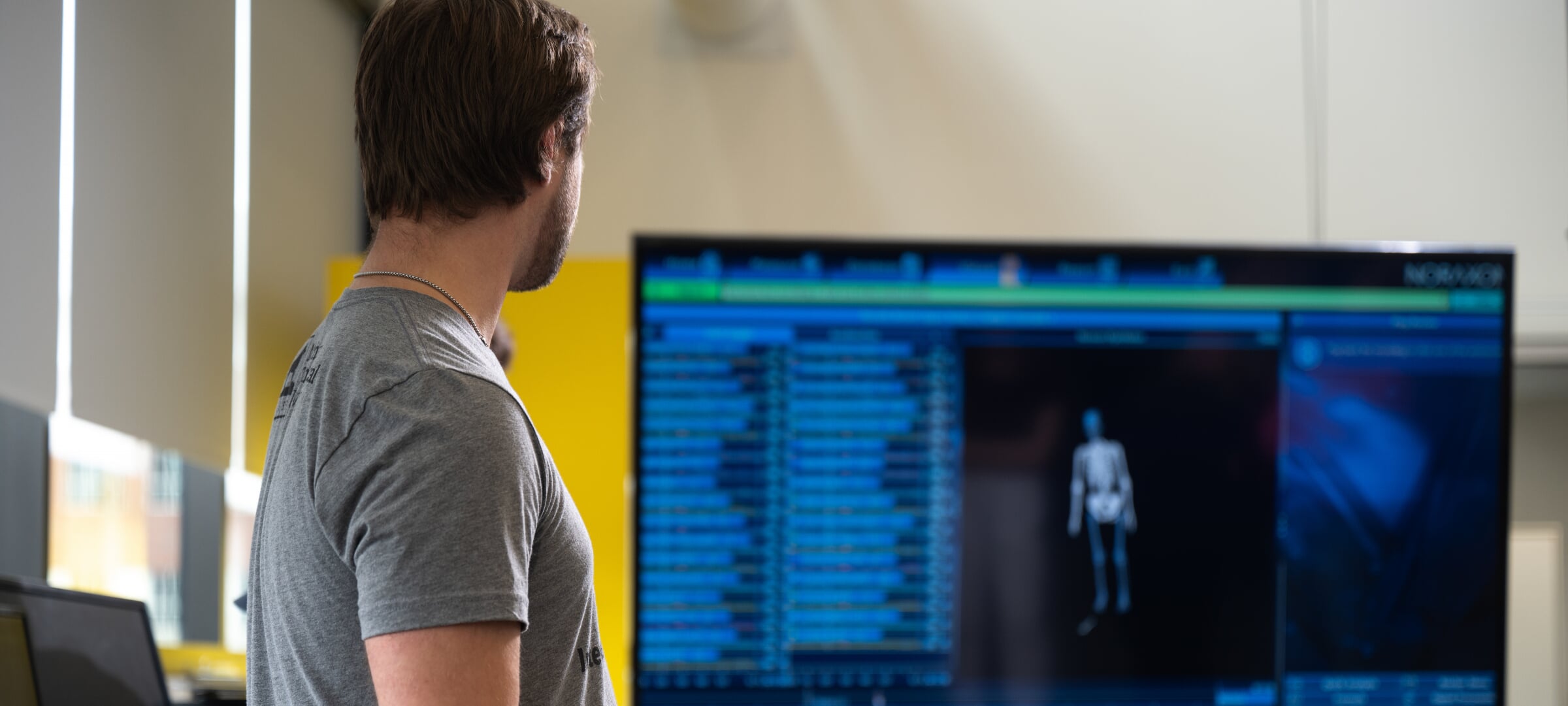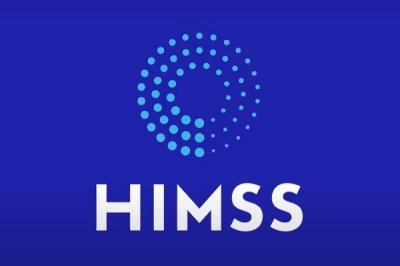Michigan Tech's MS in Health Informatics offers a flexible, challenging curriculum that can be completed both on-campus and entirely online. The program utilizes a robust cloud-based computing environment, allowing students to access a secure virtual lab remotely from any web browser to conduct applied hands-on labs and develop advanced skills in health informatics and biomedical data science.
Health informatics, a multi-disciplinary professional field, studies and pursues the effective uses of biomedical data, information, and knowledge for scientific inquiry, problem-solving, and decision making. The advancement of technology in the medical field, accompanied by the requirements to keep sensitive data confidential, has created a robust need for health informatics specialists who work at he intersection of information science, computer science, and health care.
Research Focus
Deep-learning algorithms to improve differentiation of breast abnormalities in mammography images. Health identifiers to prevent patient misidentification, enhance data security, improve patient safety, and lower health care costs. Research in labs dedicated to developing new, more effective techniques and technologies that forge new pathways to secure and comprehensive information for every member of the health care community.
An interdisciplinary approach to research, focusing on innovations that benefit society and the environment brings students and faculty together at the Institute of Computing and Cybersystems and Health Research Institute. CyberS, the Center for Cybersecurity, expands innovation in the field most crucial to Information Technology, from information security and biometrics to trusted software engineering. DataS, the Center for Data Sciences, unites diverse faculty and students to discover new knowledge in interdisciplinary collaboration. At the Center for Human-Centered Computing, Michigan Tech students learn to become future creators, finding the balance of computing, humanity, and interaction.
Stackable Graduate Certificates
The curriculum is structured around four graduate certificates, beginning with the 12-credit Foundations of Health Informatics certificate, which covers core courses in the health informatics field. Students then choose two of three additional 9-credit "stackable" certificates in specialized areas: Artificial Intelligence in Healthcare, Security and Privacy in Healthcare, and Public Health Informatics. With a minimum of 30 credits required for the MS degree, most students graduate with both the master's degree and three graduate certificates.
MS Requirements
- Health Informatics Graduate Foundations Courses (12 credits)
- Focus Areas (9-18 credits)
- Elective courses or Report option or Thesis option (6-10 credits)
Elective Courses
- A maximum of two courses or six credits may be used for elective credit.
- Any SAT 5000 level course not taken from above and the following.
Degree Options
The program offers research, thesis, and reporting options for both on-campus and online students, and openly encourages those completing the "coursework only" option to participate in faculty research projects. Graduates of the program are well-prepared for careers as biomedical data scientists, clinical EHR integration specialists, clinical data analysts, and other in-demand roles in the healthcare sector.


